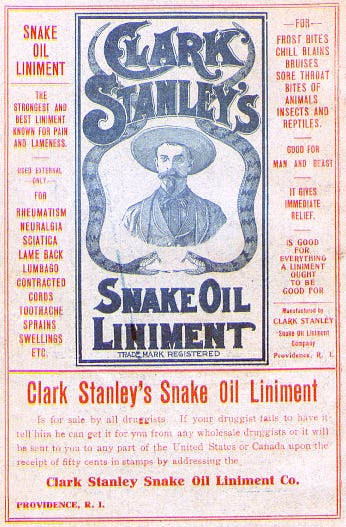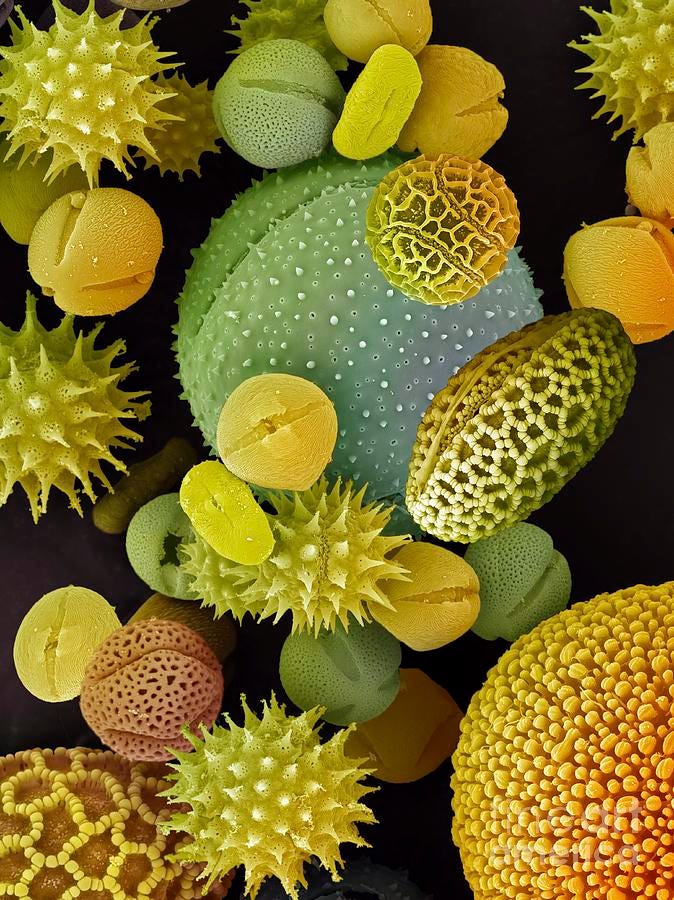Another day, another revelation. No matter how long you’ve been at it, beekeeping never stops delivering eye-openers.
Today, it’s a new view of pollen.
I thought I had already learned quite a lot about pollen. That microscopic organism in flowers which is the male instrument of their procreation and also the primary source of nutrition for bees has been a source of fascination for me ever since I started taking an interest in beekeeping seven years ago. But I didn’t realise until yesterday that human beings can and do consume pollen for its health-giving qualities.
That revelation came to me via the ever-amazing Dominic Frisby. Now, next day, I relay it to you. Thus goes our world of instantaneous communication.
If you don’t know Dominic Frisby, it may be time you did. Allow me to do the honours.
Author, financial journalist, seer, song-writer, performer, Dominic Frisby is one of the treasures of our age. You might never hear of him through conventional media because his opinions are so unorthodox that they would petrify Auntie BBC and drive The Guardian into pearl-clutching vapours. His books Life After The State: Why We Don’t Need Government and Daylight Robbery: How Tax Shaped our Past And Will Change Our Future are the most lucid and persuasive works of anarchist scholarship and polemic since Kropotkin. His songs on You Tube are so unwoke I can only watch them when my right-on family is nowhere near in case they catch me and banish me to outer darkness. See, if you dare, We’re All Far Right Now
and I’m Going to Marry Gary
Every summer, Dominic comes to the Edinburgh Fringe to deliver a talk which is also a one-man show. His subjects sound arcane but he always unearths unexpected and riveting economic and cultural ramifications. A few years ago, he was speaking about weights and measures but, before you yawn, let me tell you that he gave a convincing account of metrification and decimalisation as forms of state tyranny. Come again? This year’s talk is on the history of mining, of which he says “From cavemen with pickaxes to modern-day excavators, humans have been mining metal since the Bronze Age. Entire nations have been built on the backs of mining booms. Discover how digging stuff up changed everything. This talk is the motherlode.”
Appropriately, these revelations are delivered in Panmure House, Adam Smith’s former residence on the Royal Mile. I like to imagine that the author who turned the world on its intellectual ear with The Wealth of Nations and The Theory Of Moral Sentiments would be smiling upon a polymath presenter of such revolutionary opinions as Dominic Frisby.
He and I sometimes meet for a drink or a coffee after one of his performances. Last night, when we were emailing to fix our date for this coming month, I offered to take him some honey from my hives. He replied, “Anything bee related I love but I take pollen every day because it works as antihistamine.”
This was news to me. So I looked it up online and, sure enough, scores of suppliers are promoting bee pollen for sale in jars. They all come from what you might call the alternative health rack…I mean sector. Their claims aren’t always entirely convincing. The offerings are said to provide benefits in the form of “antioxidant, anti-inflammatory and antimicrobial” properties but that’s just the start. If you believe what the vendors claim, pollen can also be taken as a treatment for “cancer, infections, anaemia, oral cavities, and atherosclerosis.” They say it’s good for “Restoring muscle protein and energy metabolism; treating allergy and preventing radiation effects; helping during menopause and prostatitis management; reducing cholesterol levels and promoting wound healing; weight management and skincare.”
Hmmm. Haven’t we heard claims like these in the past? Didn’t the rubes in the Old West queue up to hand over their cash for such magic potions?
I am surprised to find Dominic Frisby eating up this stuff but, then again, I am willing to believe almost anything about pollen. It may be the most magical substance on earth. As Rob Kesseler and Madeline Harley say in their book Pollen: The Hidden Sexuality of Flowers, “[Pollen grain] are, without doubt, among the most beautiful microscopic structures in nature – perfect masterpieces of natural architecture and structural engineering.”
(Various grains of pollen under the microscope)
If you don’t know, the function of pollen grains is to carry the sperm cells of flowering plants. They are transported by wind or by foraging insects like bees to the female pistil in compatible flowers where they then germinate as seeds and reproduce. When, therefore, you are choking and coughing with hay fever, it’s actually because your airways are blocked with live sperm. Try to think of it as being good for you.
This observation tallies with the singular revelation that derives from beekeeping: it’s all about sex. The bee colony exists for the sole purpose of reproducing itself and pollen is indispensably intrinsic to that purpose. No pollen, no bees. No bees, no pollination. No pollination, no plants. When you look at a grain of pollen, you are looking at the essence of life on earth.
So, who knows? Perhaps it might even work as antihistamine.
If Dominic Frisby says so, I would guess it’s probably right






Thanks Neil!